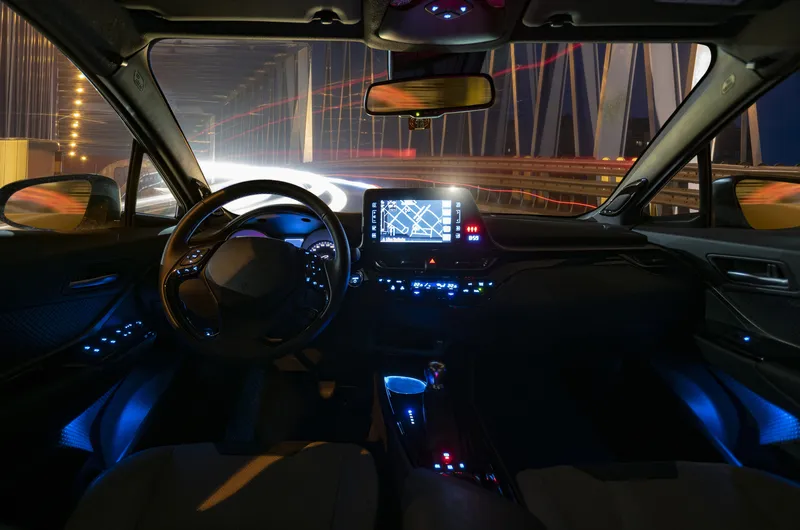Four out of five respondents said the system - which connects Rivium business park and metro station Kralingse Zoom - is reliable, mainly because of its frequency and punctuality.
The qualitative study from
The author, by Jochem van der Burg, hopes that the insights gained could be used in the decision-making process around autonomous transit systems elsewhere.
When it came to safety, ParkShuttle passengers felt criminal activity on the vehicles was very unlikely - despite the absence of an on-board steward.
These findings, according to Van den Burg, contrast with passengers in a similar demonstration in Vantaa, Finland, who provided a low score for security – even though their AV was manned.
The disparity could stem from Parkshuttle’s larger passenger capacity of 24 which results in more “social control” when measured against the limit of ten riders per trip in the Finnish driverless bus.
Robbert Lohmann, CCO of 2getthere, believes it is also important that the Utrecht University study was based on a service which has been operational since 2006.
“Finnish respondents were asked for their impressions after a ride in a temporary demonstration, meaning their response is more likely based on expectation than actual experience,” Lohmann adds.
The Dutch study also shows only half of the riders feel positive about the travel information provided at stations - and nearly all say there is a lack of information about delays and cancellations.
Going forward, 2getthere intends to install information kiosks at shuttle stops to display system status and the vehicle’s arrival time. ParkShuttle’s current single information displays will be replaced by two 19” vertical touch screens which will display information on travel time.
Reliability is key to AV acceptance, finds Dutch study
Reliability is the key factor in people’s acceptance of autonomous vehicles, suggests a new academic study. Nine out of ten people said it was easy to use 2getthere’s Parkshuttle, operated by the Dutch municipality of Capelle aan den Ijssel.
Four out of five respondents said the system - which connects Rivium business park and metro station Kralingse Zoom - is reliable, mainly because of its frequency and punctuality.
The qualitative study from Utrecht University also focused on operational factors
August 31, 2018
Read time: 2 mins
Reliability is the key factor in people’s acceptance of autonomous vehicles, suggests a new academic study. Nine out of ten people said it was easy to use 8172 2getthere’s Parkshuttle, operated by the Dutch municipality of Capelle aan den Ijssel.








